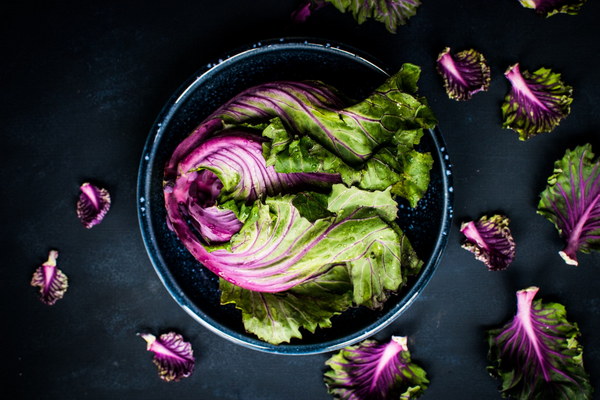Morning Qigong for Kidney Health What Medications to Take
In the pursuit of a healthier life, many individuals turn to ancient practices such as morning qigong, a form of Chinese exercise that aims to enhance overall well-being and, in particular, kidney health. For those who incorporate this practice into their daily routine, it's essential to know what medications, if any, can be taken to complement the benefits of morning qigong. This article explores the topic and provides valuable insights into the best medications to consider.
Morning qigong, also known as morning health exercises, is a traditional Chinese practice that focuses on breathing, meditation, and gentle movements. It is believed to improve blood circulation, enhance lung capacity, and boost the immune system. Furthermore, morning qigong is thought to be particularly beneficial for kidney health, as it helps to nourish the kidneys and improve their function.
When it comes to medication, it is crucial to understand that the primary goal of morning qigong is not to be replaced by medication, but rather to be complemented by it. Here are some medications that may be recommended for those practicing morning qigong to enhance kidney health:
1. Chinese Herbs: Traditional Chinese medicine (TCM) utilizes a wide variety of herbs to support kidney health. Some popular kidney-nourishing herbs include:
- He Shou Wu (Fleeceflower Root): Known for its rejuvenating properties, He Shou Wu is believed to improve kidney function and enhance fertility.
- Goji Berries: These berries are rich in antioxidants and have been used in TCM to support kidney health and boost the immune system.
- Eucommia Ulmoides (Cortex Mucronata): This herb is thought to strengthen the kidneys and improve bone and joint health.
2. Western Medications: In some cases, Western medications may be prescribed to address specific kidney issues. These may include:

- Diuretics: Diuretics help the body to eliminate excess fluid and reduce blood pressure, which can be beneficial for those with kidney problems.
- Immunosuppressants: These medications are used to suppress the immune system and may be prescribed for those with autoimmune kidney diseases.
- ACE Inhibitors: Angiotensin-converting enzyme (ACE) inhibitors are used to lower blood pressure and reduce proteinuria, a common symptom of kidney disease.
3. Supplements: Certain supplements may be recommended to support kidney health, including:
- Omega-3 Fatty Acids: Found in fish oil, omega-3s have been shown to reduce inflammation and improve kidney function.
- Vitamin D: This essential nutrient plays a crucial role in maintaining healthy bones and kidneys. Supplementing with vitamin D can help to ensure adequate levels in the body.
- Magnesium: Magnesium is essential for kidney function and can help to reduce the risk of kidney stones.
It is essential to consult with a healthcare professional before starting any new medication or supplement, as they can interact with other medications or have adverse effects. Additionally, individuals with existing health conditions or those taking multiple medications should be particularly cautious.
In conclusion, morning qigong is a valuable practice for enhancing kidney health. While medication can complement the benefits of qigong, it is crucial to approach it with caution and under the guidance of a healthcare professional. By combining the ancient wisdom of qigong with appropriate medication and supplementation, individuals can take a holistic approach to kidney health and improve their overall well-being.









